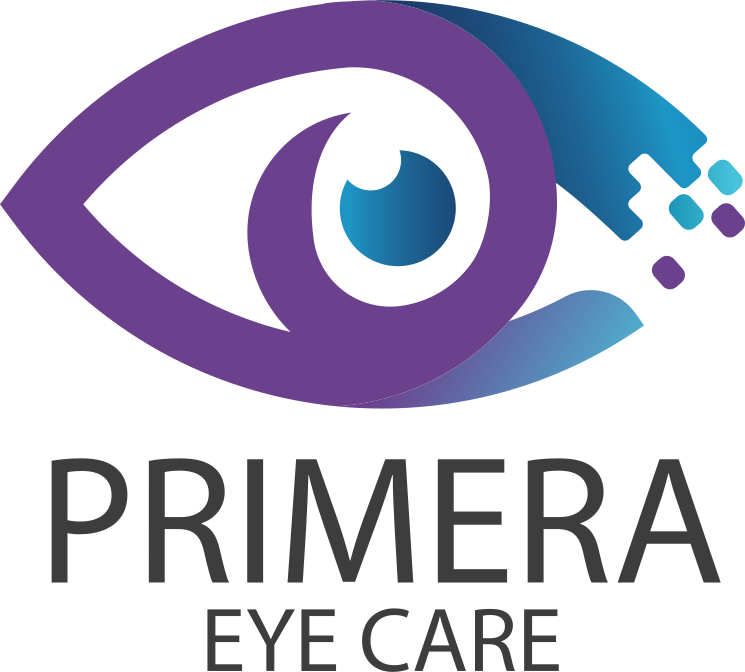
Diabetes can have a variety of negative impacts on your health. It can even affect your eyes with a condition called diabetic retinopathy. High blood sugar from diabetes can also increase the risk of glaucoma and cataracts.
What Is Diabetic Retinopathy?
Definition Diabetic retinopathy occurs when, over time, high blood sugar causes damage to the eyes’ blood vessels. This can lead to floating spots in your vision and even severe vision loss.
Fortunately, there are some tips for eye care that people with diabetes can follow to help prevent or mitigate these possible eye problems.
Eat Healthy Foods
Eating well has health benefits for everyone, not just people with diabetes. However, it can be particularly helpful for diabetes patients because eating a healthy diet can help you to manage cholesterol, blood sugar, and blood pressure. Before making major changes to your diet, you should talk to your doctor, especially if you take insulin for your diabetes.
Control Your Blood Sugar
Keeping your blood sugar under control will help you to avoid diabetic retinopathy. If you don’t let your blood sugar get too high, you can slow any possible damage to the blood vessels in your eyes. Throughout each year, you should get several A1c tests to check your blood sugar. Ideally, it should be below 7%.
Exercise Often
Exercising more often can help you to keep your blood sugar under control. Plus, exercising can help you to stay healthier in general. However, people with diabetes, especially if they take insulin, should consult a doctor before making any changes to their exercise routine. Your doctor can recommend what kind of exercises you should do as well as when you should check your blood sugar while working out.
Keep Your Cholesterol Low
Too much bad cholesterol (LDL) can also cause blood vessel damage in your eyes. You can get your cholesterol tested regularly to make sure that you’re keeping your levels of LDL low and good cholesterol (HDL) high.
Maintain Healthy Blood Pressure
High blood pressure isn’t healthy for anyone and can also lead to eye disease on its own. If you have both diabetes and high blood pressure, you’re much more at risk of developing eye problems. Every time you visit the doctor, you should have your blood pressure checked. For someone with diabetes, a good blood pressure is 130/80.
Quit Smoking
There are many negative effects of smoking, but it can also impact your blood vessels. Because diabetes also can damage the blood vessels in your eyes, it’s important to stop smoking to protect your eye health.
Schedule an Eye Appointment Once a Year
How often you should have an eye exam usually depends on your age and your risk for certain eye conditions. Younger people don’t need eye exams as often as the elderly. No matter your age or other risk factors, if you have diabetes, you should have appointments at least once a year. More if your eye doctor recommends it. By having frequent eye exams, your eye doctor can catch eye problems before they become major issues.





